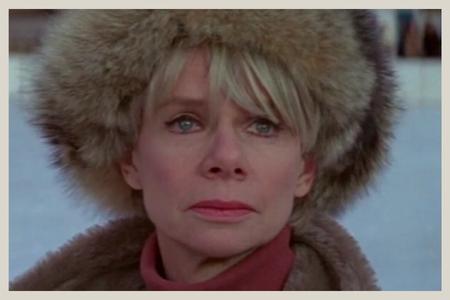Jill Bennett Biography

Jill Bennett was a gifted British actress, born on Christmas Eve in 1931 in Penang, the Straits Settlements. Her parents were British, and she received her education at an independent girls’ boarding school in Godalming called Prior’s Field School.
After completing her education, Jill Bennett trained at the prestigious Royal Academy of Dramatic Art (RADA), before making her debut in the West End with the play Now Barabbas in March 1947, which was a great success.
In 1949, Jill Bennett became a company member at the Shakespeare Memorial Theatre in Stratford upon Avon and appeared in various plays. Her first film was The Long Dark Hall, alongside the renowned actor Rex Harrison, which released in 1950. Jill Bennett then went on to star in several British films, including Lust for Life (1956), The Criminal (1960), The Nanny (1965), The Skull (1965), Inadmissible Evidence (1968), The Charge of the Light Brigade (1968), and Julius Caesar (1970), to name a few. She also starred in the James Bond film For Your Eyes Only (1981) and in Hawks (1988) and Lady Jane (1986).
Jill Bennett also ventured into television, with notable performances in shows like Play for Today (Country, 1981), Paradise Postponed (1985), and the sitcom Poor Little Rich Girls (1984), which she also co-wrote and starred in with Maria Aitken.
Bennett was in a relationship with actor Godfrey Tearle in the late 1940s and early 1950s. She later married screenwriter Willis Hall, but they divorced. She then married John Osborne, a playwright, but their marriage ended in an acrimonious divorce in 1978. Bennett had no children.
Jill Bennett battled depression for a long time and suffered the brutalizing effects of her failed marriage to John Osborne, according to his biographer. She died by suicide in October 1990 at the age of 58, after taking an overdose of Quinalbarbitone. Her ex-husband, Osborne wrote an abusive chapter about her in the second volume of his autobiography after her death. This chapter, where he rejoiced at her death, caused great controversy.



